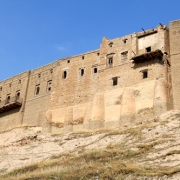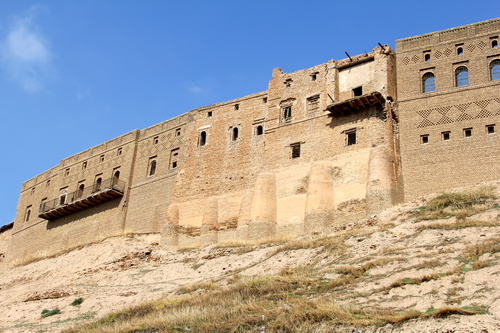When Leaders Are Afraid
Dear Pastor, Preacher, or Bible Teacher –
I don’t have to tell you that these are crazy times. I don’t know what your weekend services were like, but it probably wasn’t a normal Sunday.
As you think about the coming weeks, maybe you are afraid. You’re worried about your family and those close to you. You’re worried about the uncertainty of it all. You’re worried about what all this might mean financially. It would be not be strange if you were afraid.
At the same time, perhaps you can’t tell anyone about your fears – after all, you are a leader, and leaders aren’t supposed to be afraid.
If any of that fits you, please do what Hezekiah did when he got a letter that gave him many reasons to be afraid:
And Hezekiah received the letter
from the hand of the messengers, and read it;
and Hezekiah went up to the house of the LORD,
and spread it before the LORD.
(2 Kings 19:14)
Hezekiah did exactly what any child of God should do with such a letter. He took it to the house of the LORD(to the outer courts, not the holy place), and he spread it out before the LORD. In this, Hezekiah boldly and effectively fulfilled the later command of 1 Peter 5:7: casting all your care upon Him, for He cares for you.

If you need to, do exactly that. Write out your fears, take them before the LORD, and leave them there with Him. Spread it all out before the LORD. If you can’t tell anyone else about your fears, you can tell God. If you need to put on a strong face for everyone else, that’s fine – but be honest with God. God can take it, and you need it!
It’s a preacher’s cliché, but it is true: We don’t know what the future holds, but we do know Who holds the future. In seasons of uncertainty, we cling to our unchanging God.
Blessings to You in Jesus’ Name – David Guzik
Click Here to Receive Email from David for Pastors, Preachers, and Bible Teachers










